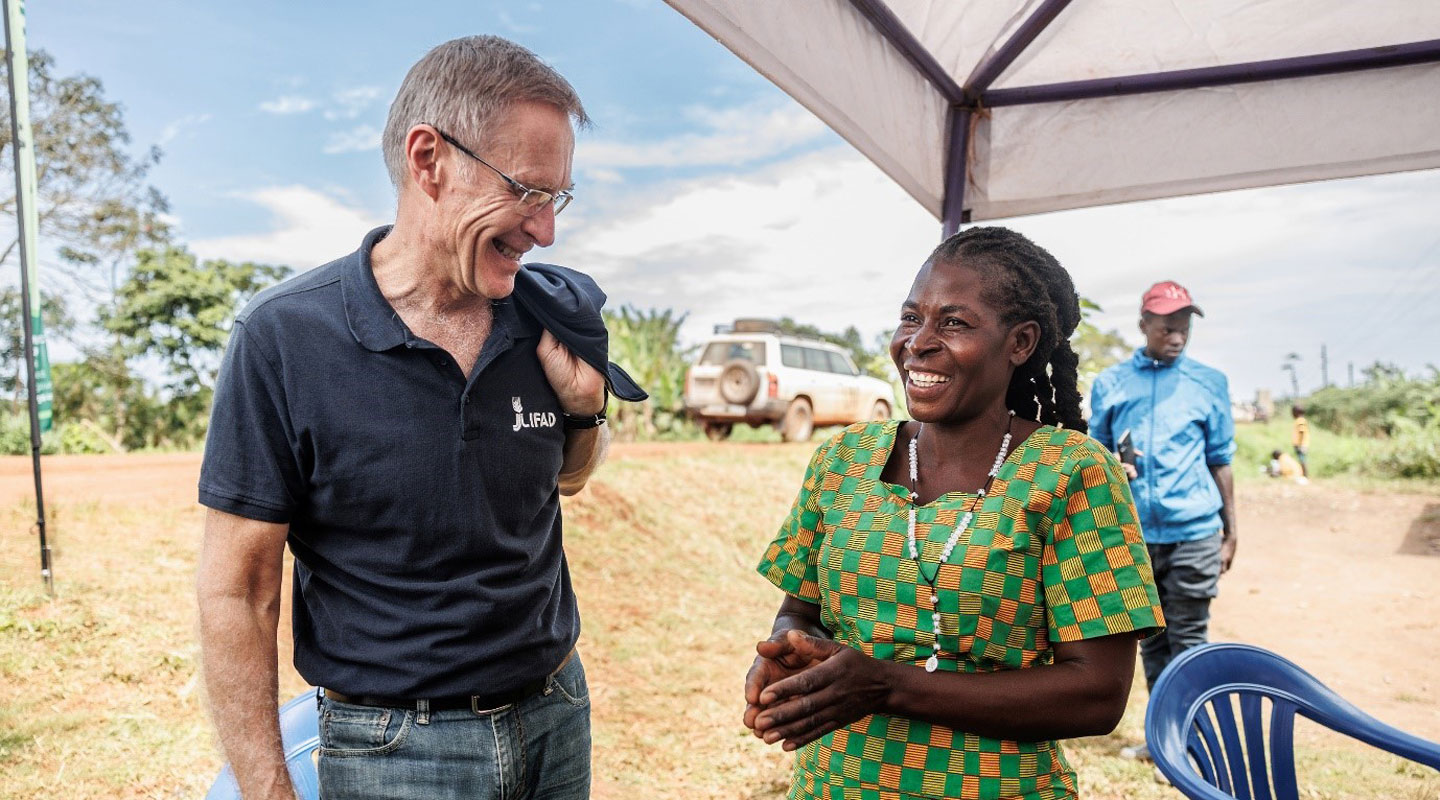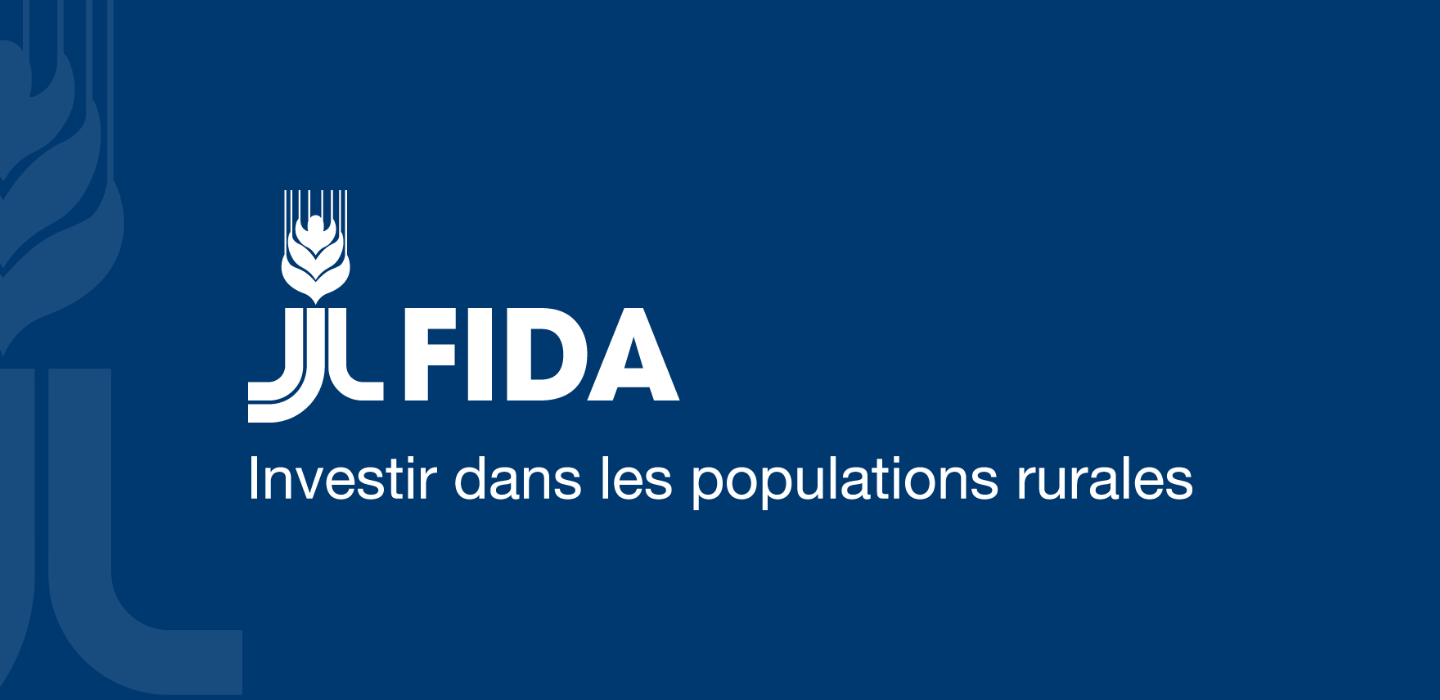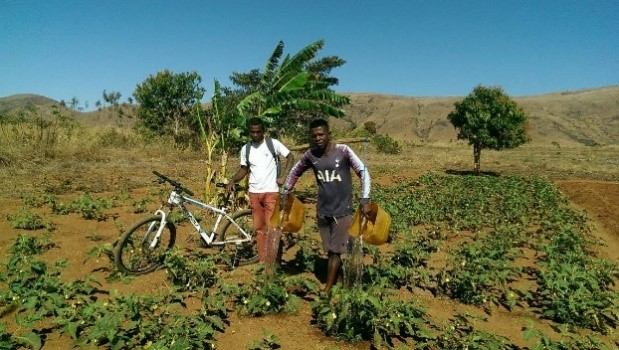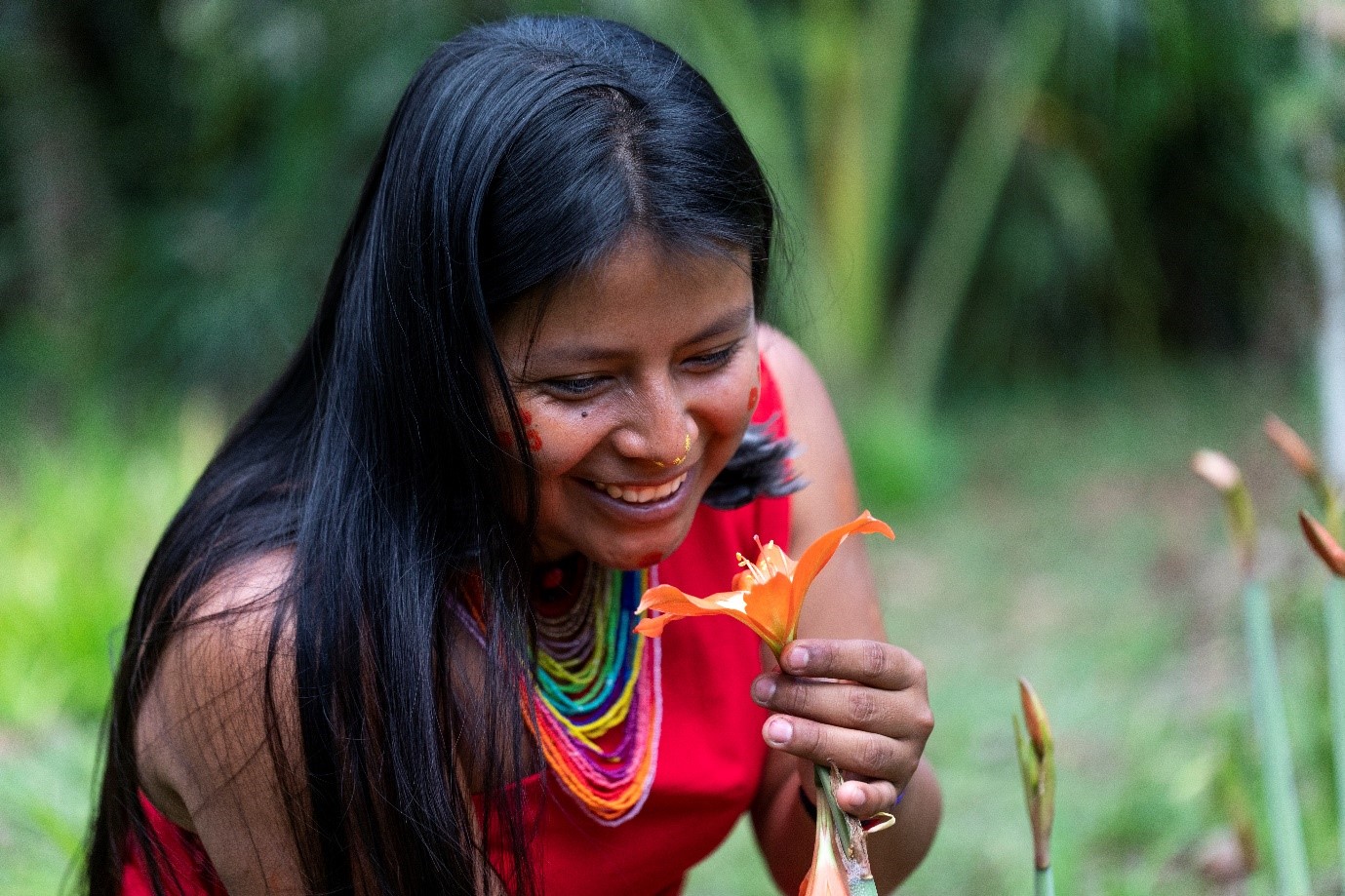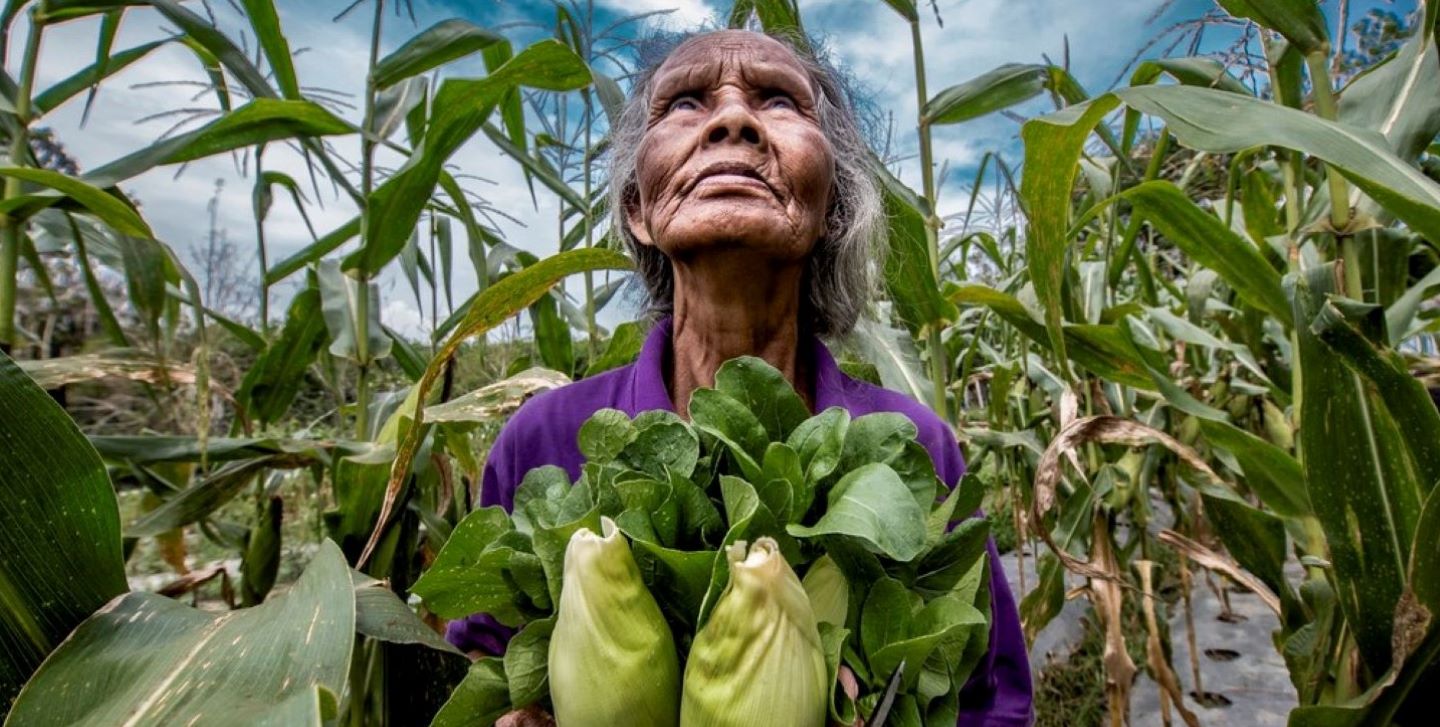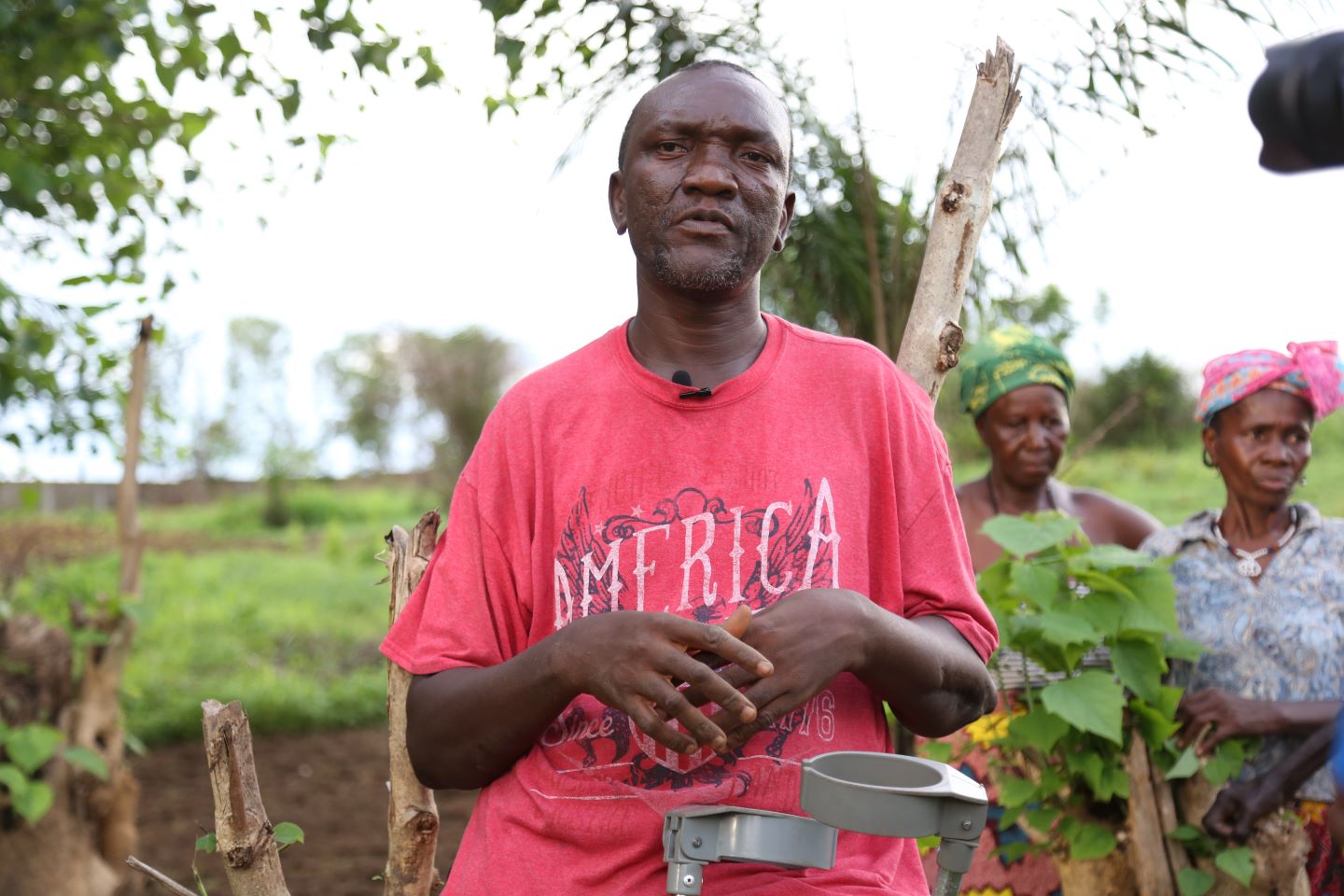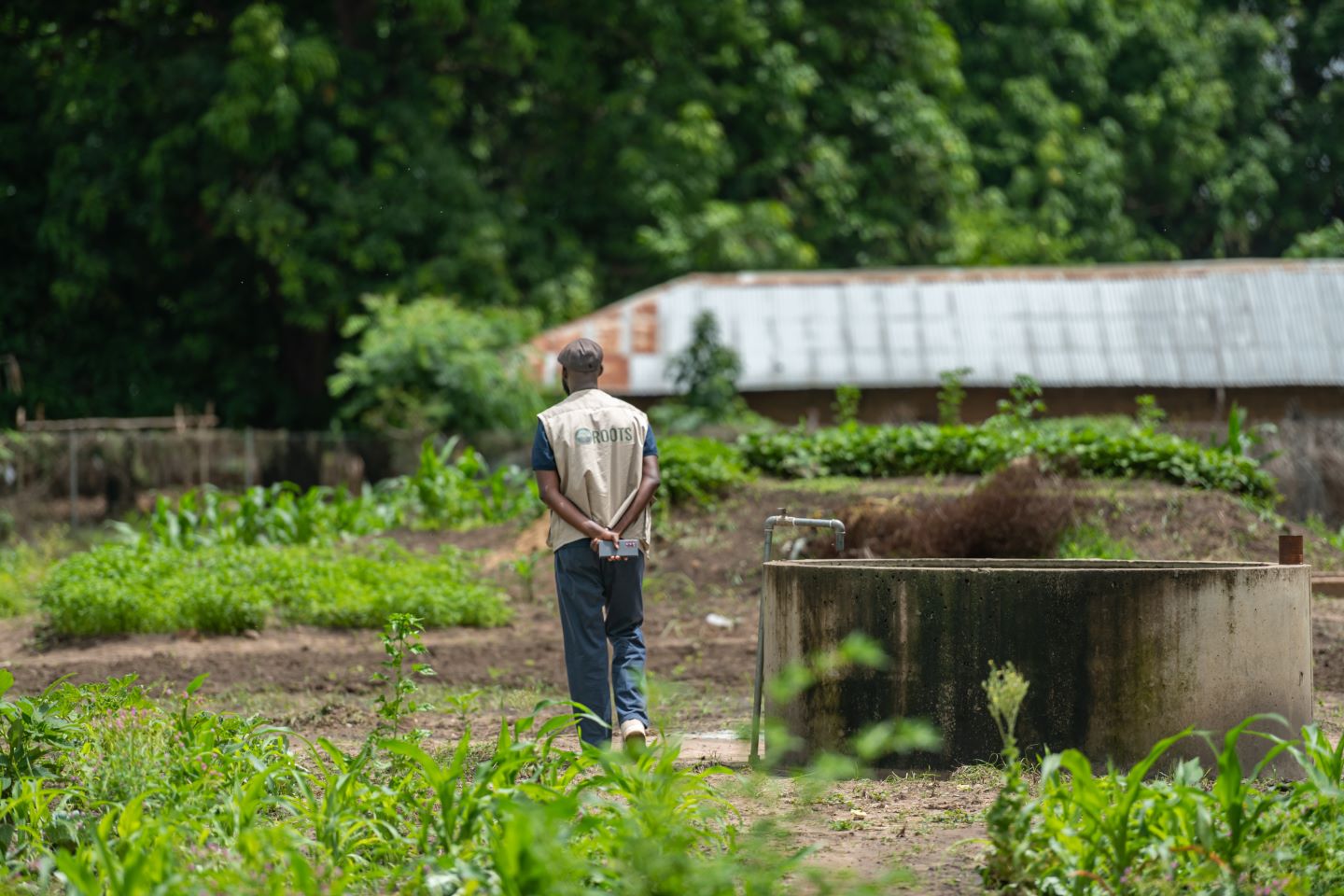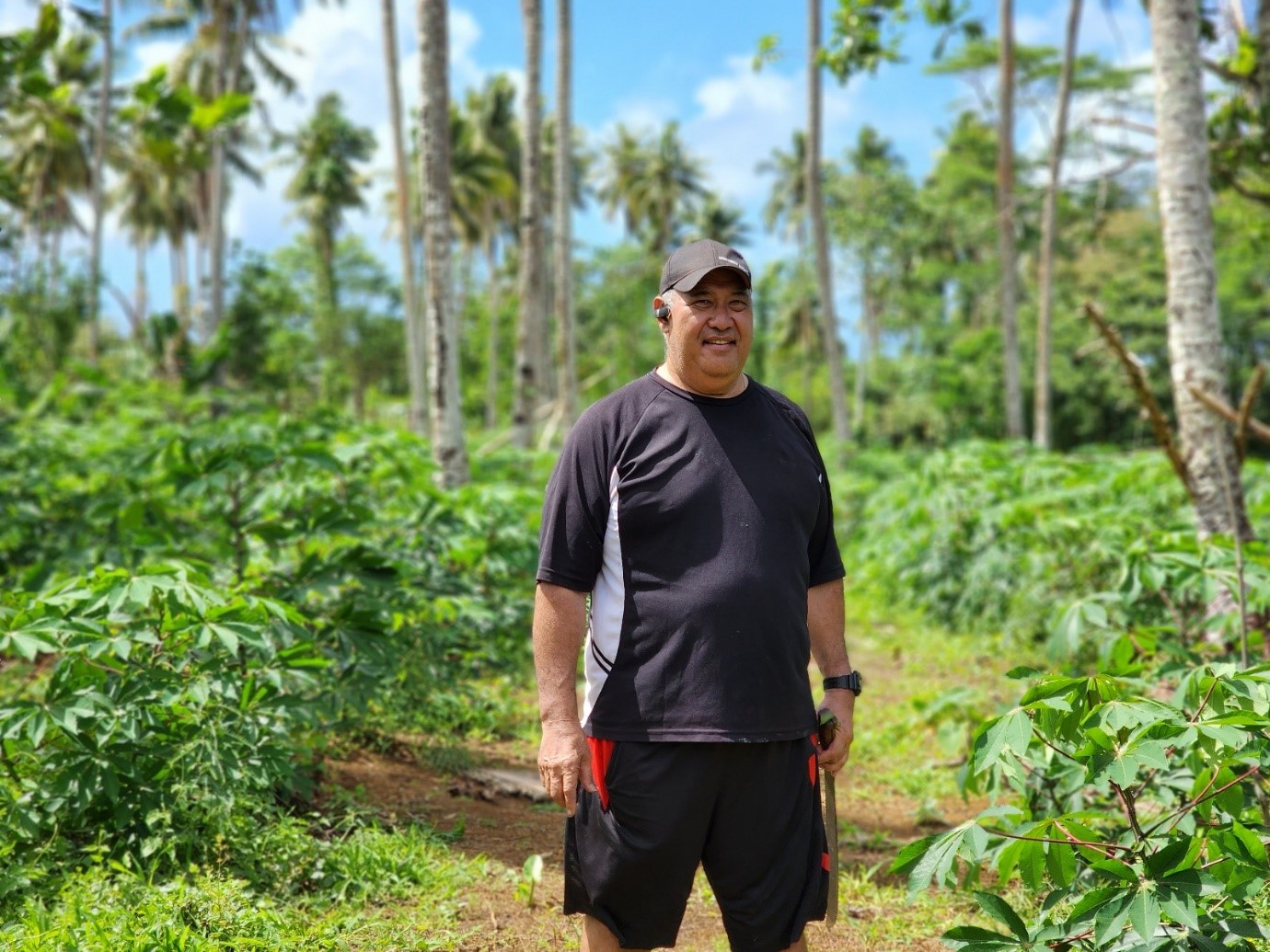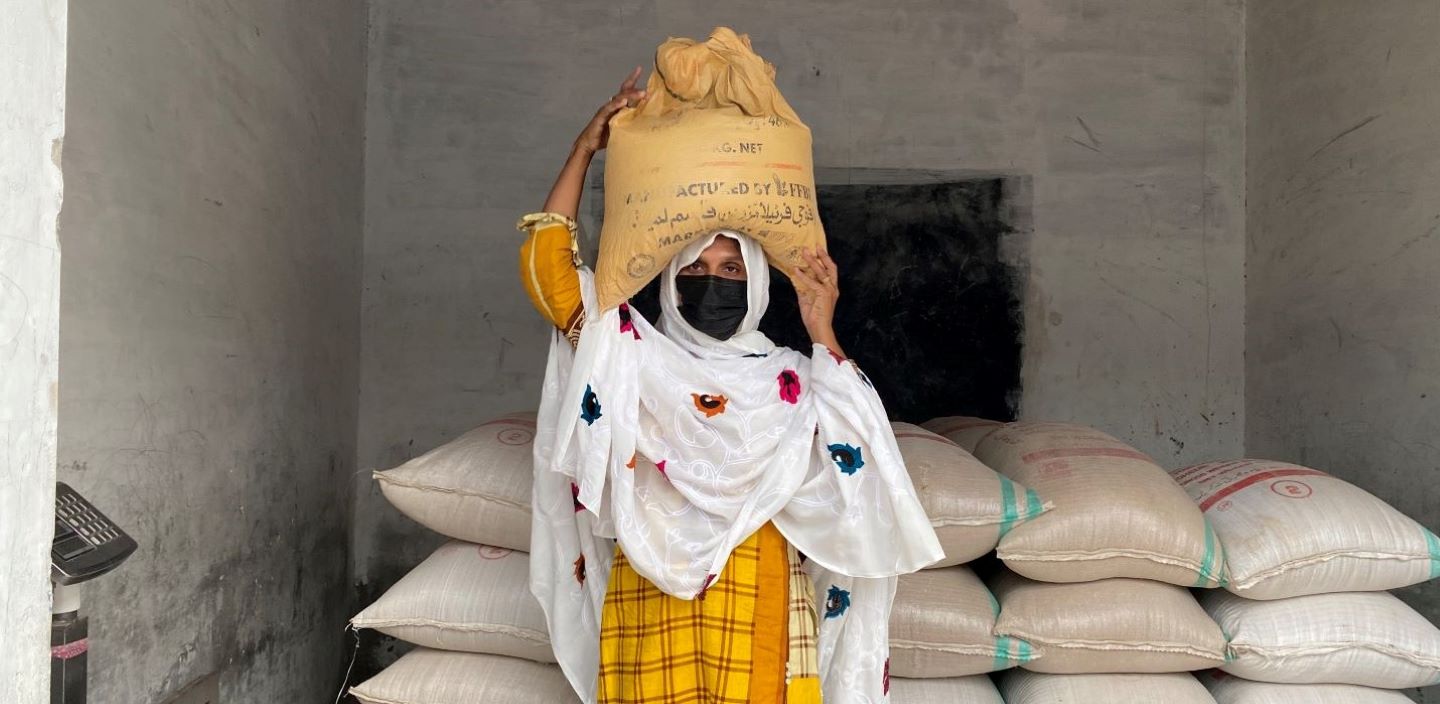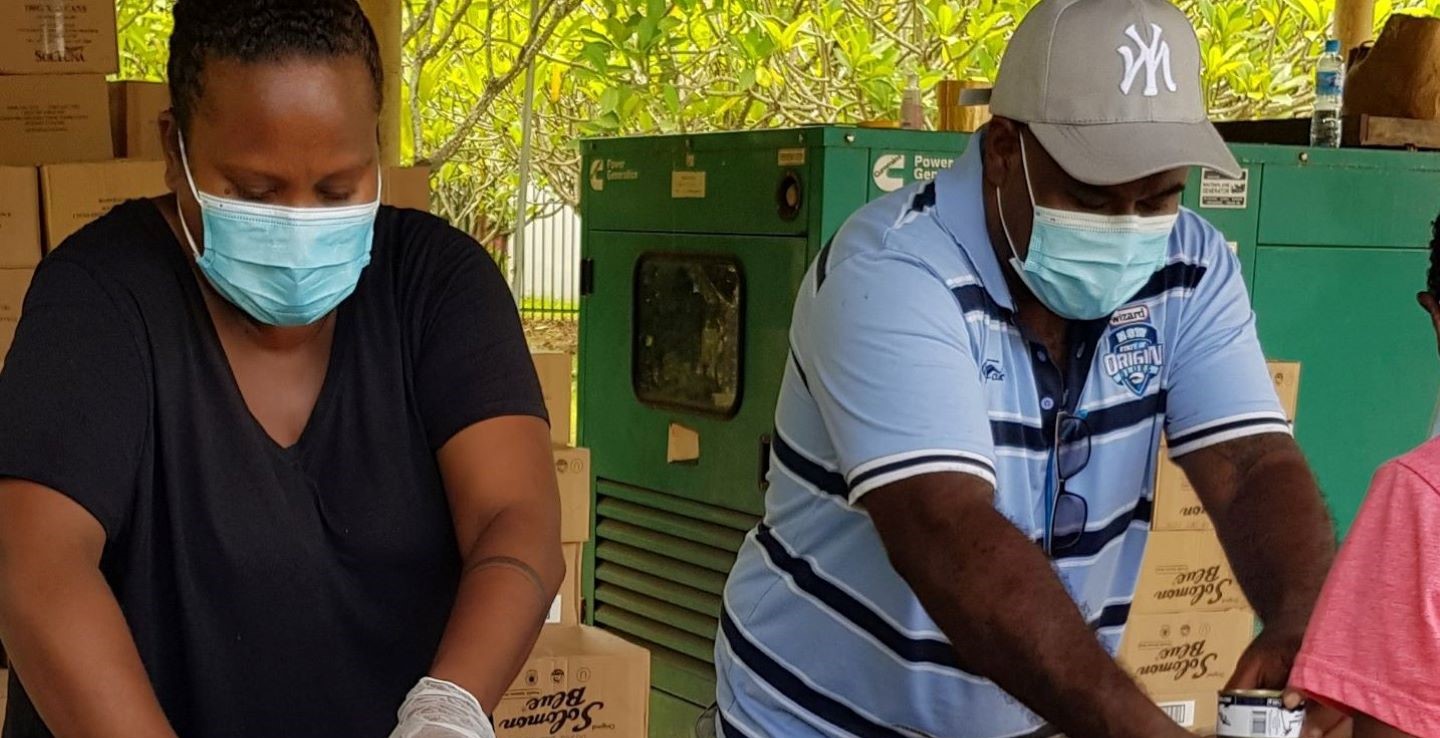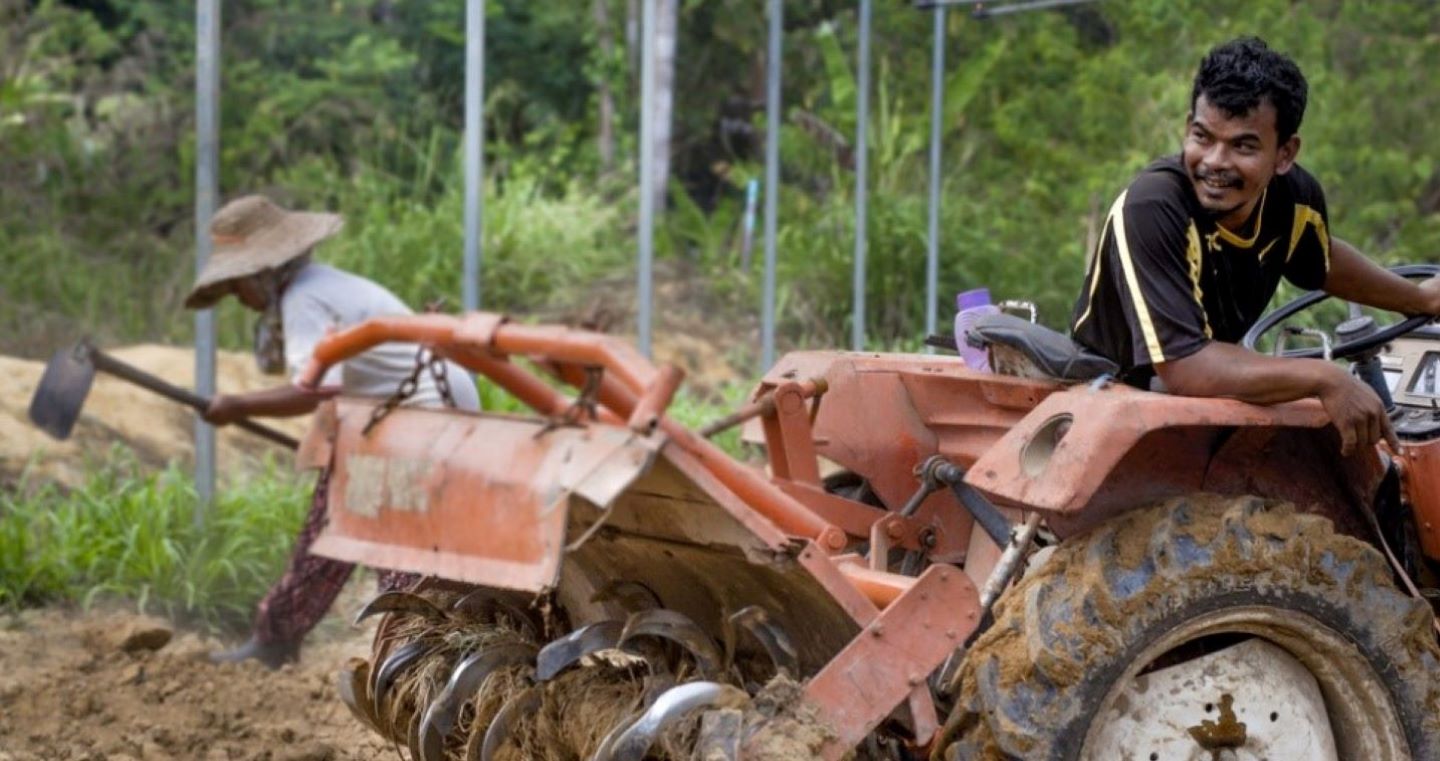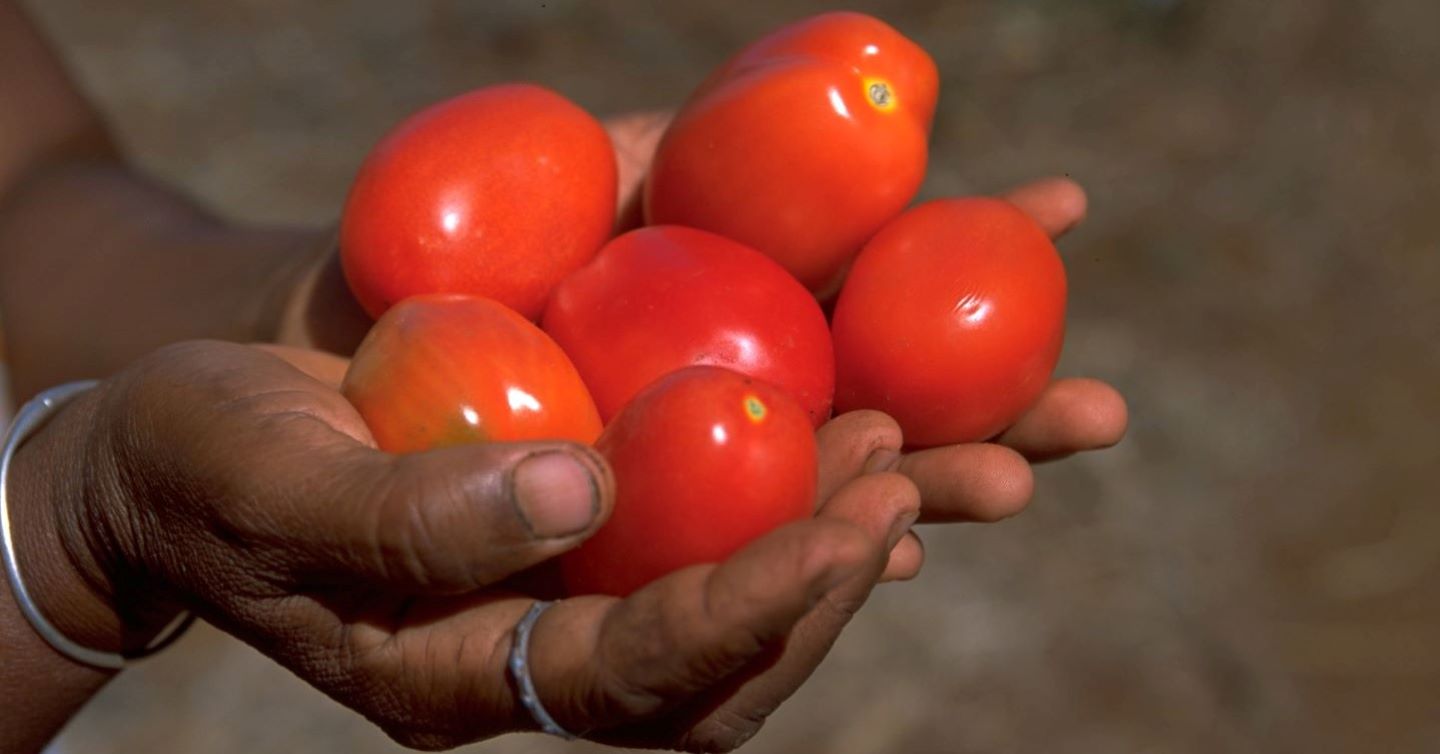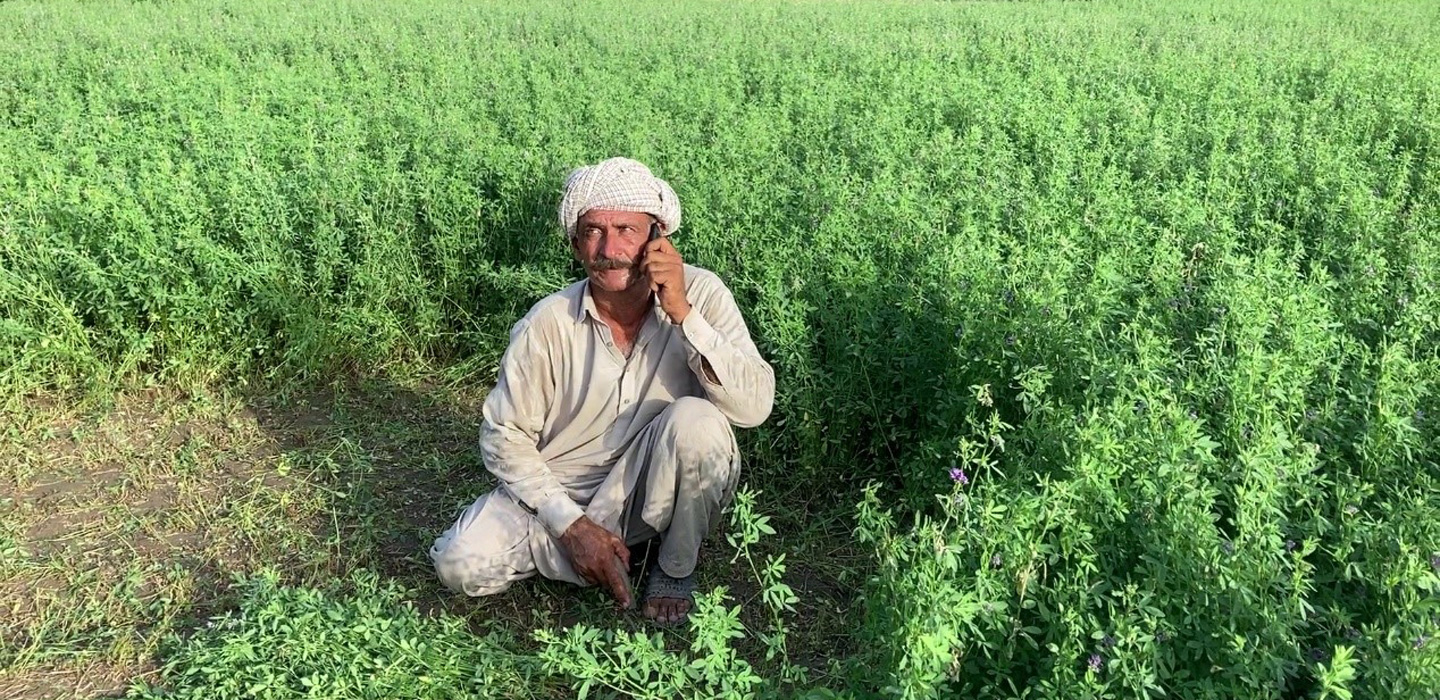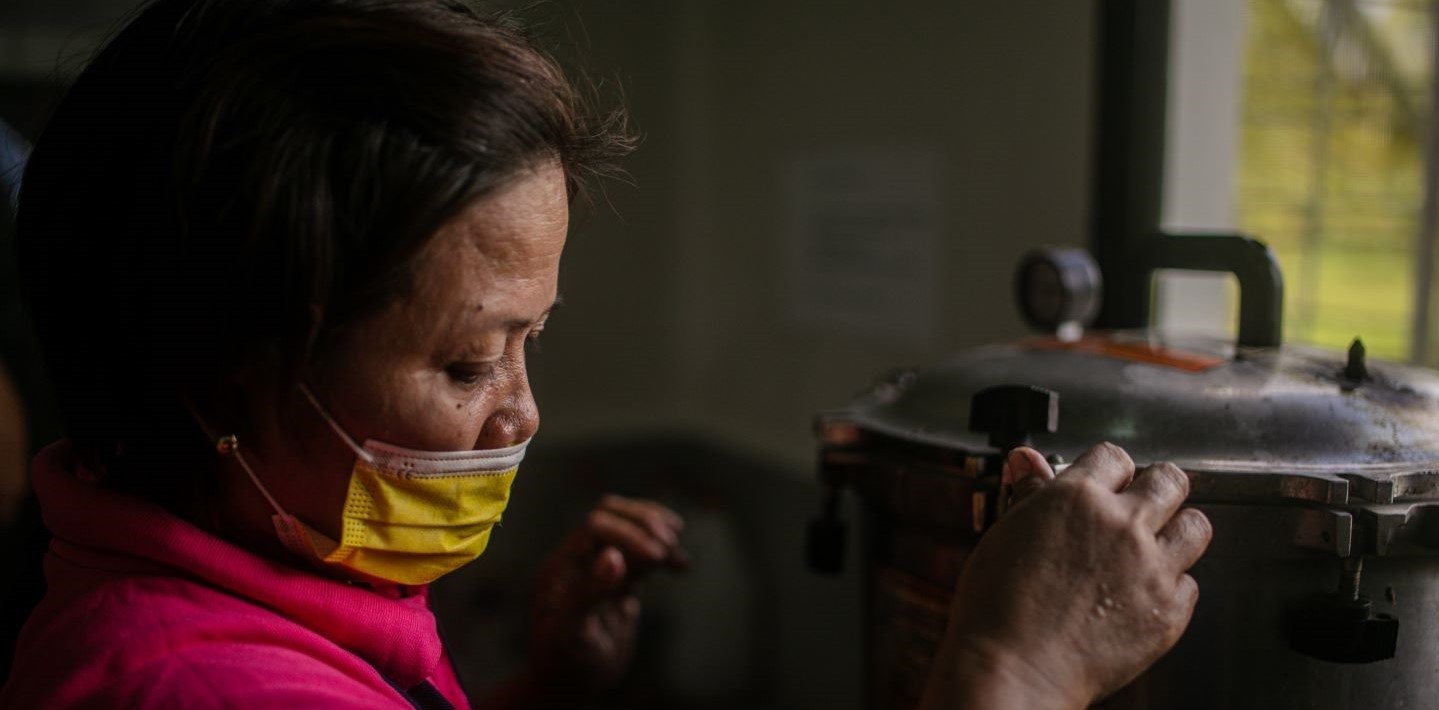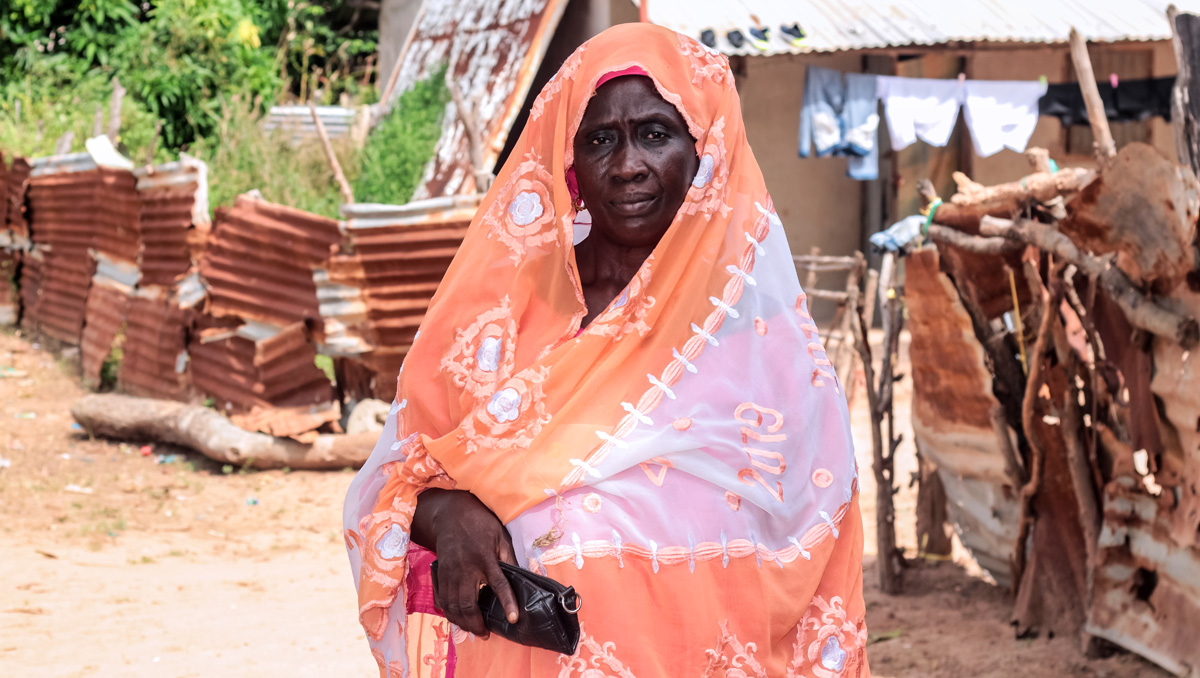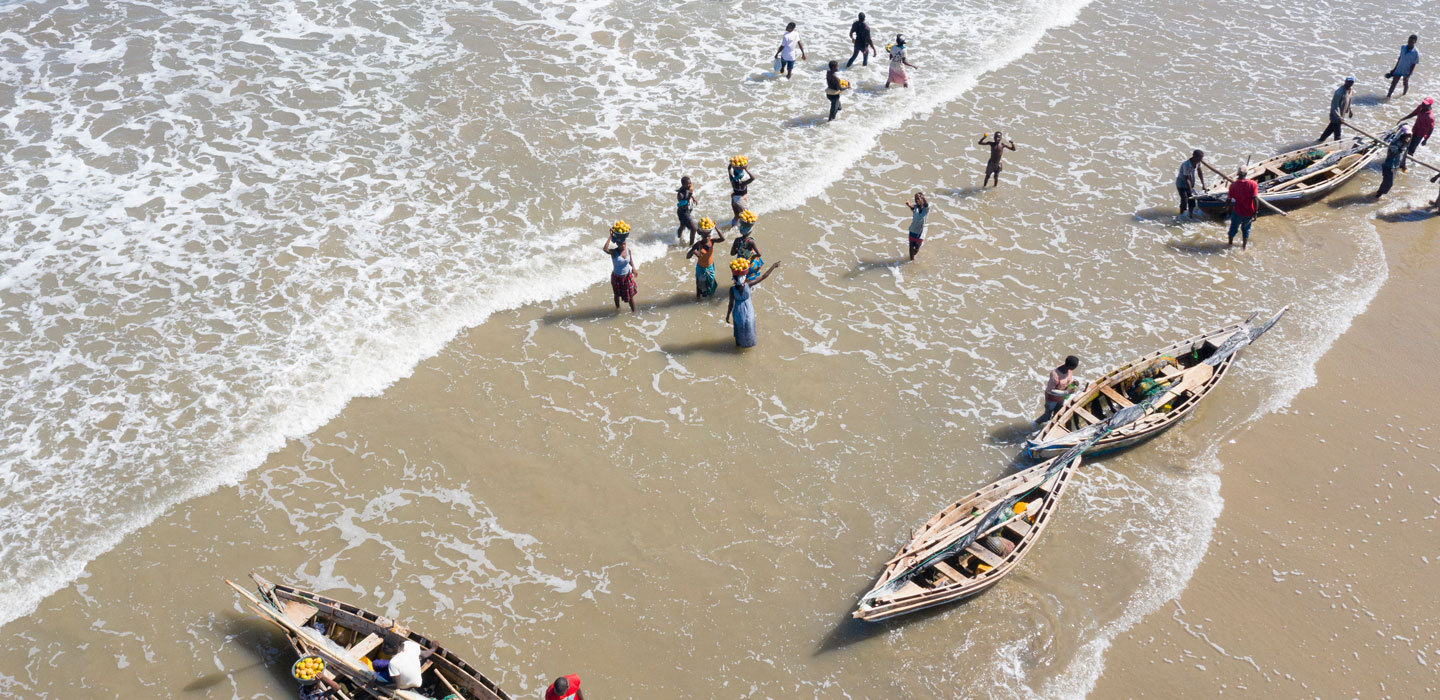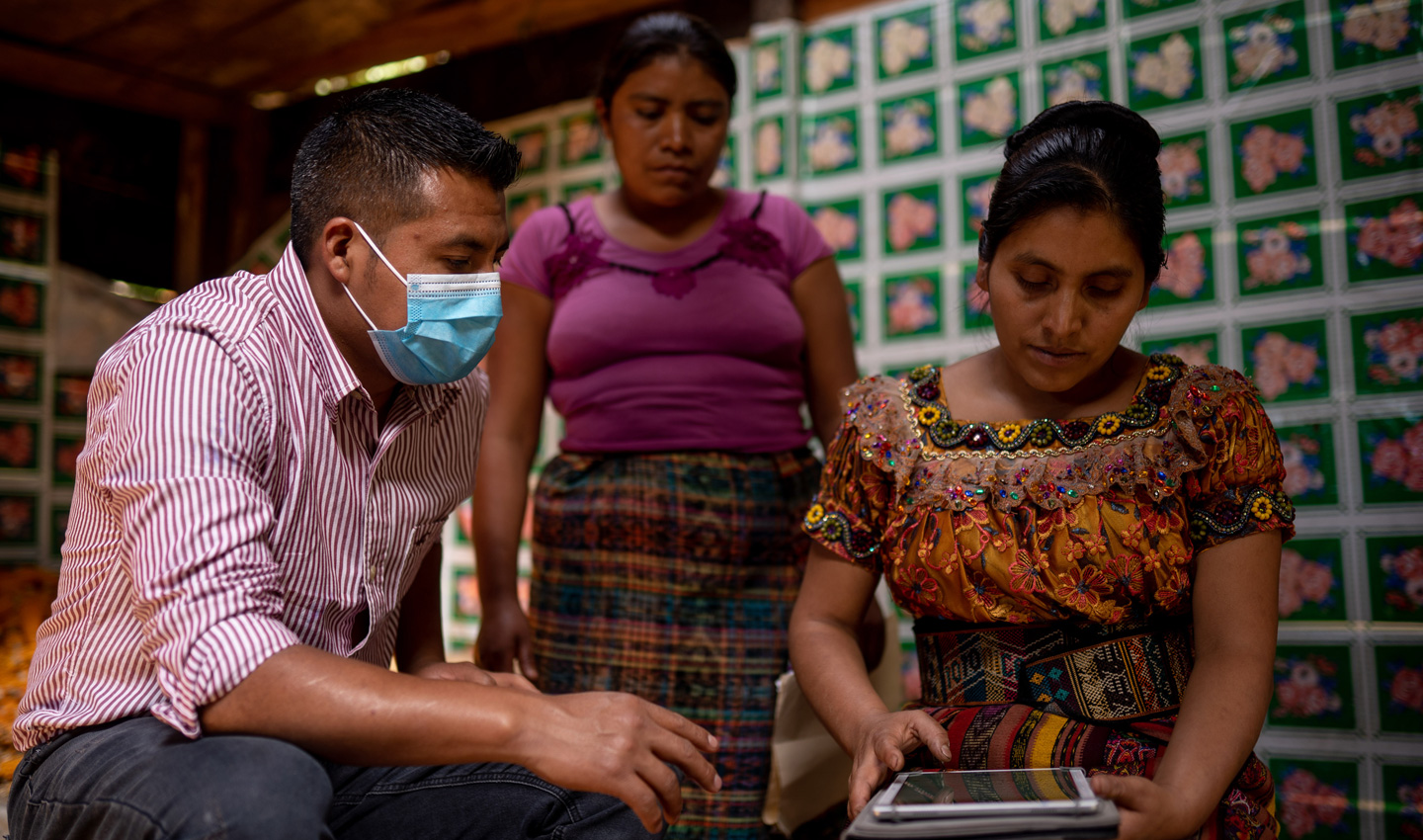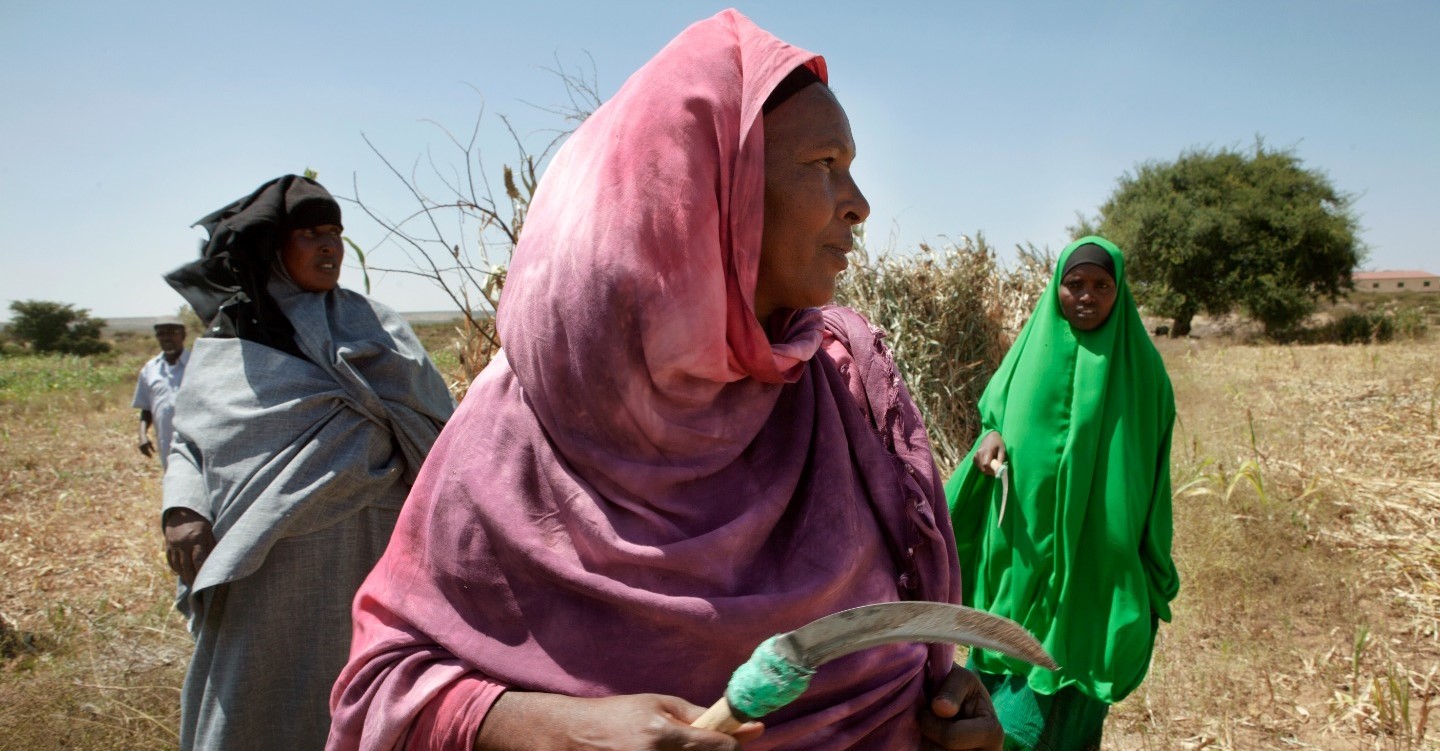Latest
Latest

Latest
Manual Submenu Topics
Search Results Filters
Search Results
Investing in a better future: A new day dawns, and we have reasons for hope
When climate and natural disasters strike, it’s rural people who are worst affected. Investing in their resilience ensures that they not only endure times of crisis, but emerge stronger. Associate Vice-President of Programmes Donal Brown explains how rural communities can change the world for the better.
Sénégal : Le FIDA et le CNCR signent un accord de don pour l’amélioration des revenus des femmes et des jeunes entrepreneurs avicoles villageois
Le FIDA et le Conseil national de concertation et de coopération des ruraux (CNCR) du Sénégal, viennent de signer un Accord de don pour améliorer les revenus des femmes et des jeunes entrepreneurs avicoles villageois ayant subi les conséquences des mesures restrictives prises pour faire face à la pandémie de Covid19.
How smallholder farmers in Madagascar, Burkina Faso and Eswatini endured the coronavirus pandemic
When covid-19 brought the world to a standstill, IFAD helped farmers’ organizations adopt new ways of operating amid a global pandemic.
2022: Resilience in the face of adversity
As we near the end of 2022, IFAD looks back on some of the themes that defined a year of dramatic change.
Rural people in crisis: The latest news from IFAD
Rural people are still paying the highest price for the rise in food, fertilizer and fuel costs. The Crisis Response Initiative was set up as part of IFAD's ongoing efforts to build rural people's resilience to these shocks. Here are selected highlights on the crisis from our teams in the field.
In Sierra Leone, social inclusion that leaves no one behind
In Sierra Leone, IFAD helps persons with disabilities overcome the challenges posed by the COVID-19 pandemic through farming.
Funding resilience in The Gambia
In The Gambia, the second phase of IFAD’s Rural Poor Stimulus Facility helps vulnerable communities get back on their feet after the COVID-19 pandemic.
An old crop for a new crisis: how cassava helped Samoans through the pandemic
Faced with the prospect of food insecurity during the COVID-19 pandemic, Samoans turned to an ancient staple to feed their families and communities.
With the world in firefighting mode, we cannot forget about rural women
As the world faces a myriad of crises, experts fear that the progress rural women and girls have worked so hard for may be reversed. Here is how IFAD is working to prevent this.
Solving a data dilemma in the Solomon Islands
When the Solomon Islands began seeing its first cases of COVID-19 in early 2022, the Ministry of Agriculture and Livestock activated emergency food relief efforts. But after years of neglecting data collection, how do you find and feed people without addresses, street names or house numbers?
How IFAD worked with governments in Asia to build rural resilience during COVID-19
The pandemic pushed up to 80 million people in Asia into extreme poverty. Governments across the region had to respond quickly as incomes fell and food security was threatened. IFAD worked with them to ensure vulnerable rural people got the support they needed.
After the tsunami, home gardens provide fresh food and renewed hope in Tonga
When a massive tsunami devastated low-lying coastal areas in Tonga, local people had to rebuild their lives from scratch. For many, home gardens provided much needed fresh produce, as well as renewed hope for the future.
How over one million small-scale farmers in Pakistan got the information they needed to withstand the COVID crisis
COVID-19 presented new challenges for poor rural farmers in Pakistan. An IFAD-supported project shared personalized advice to farmers via their mobile phones to help overcome the challenges of the pandemic.
Building resilience in the Asia-Pacific region in uncertain times
Just as the shadow of COVID-19 was lifting from many parts of the world, new crises have arisen – and they’re a particularly difficult challenge for poor rural people in developing countries.
In The Gambia, targeted COVID-19 support helps small businesses flourish
Back in early 2020, when the first waves of COVID-19 were spreading around the world, IFAD launched the RPSF as a multi-donor initiative to sustain rural people around the world during the pandemic. With the RPSF’s help, many were able to start small businesses – and today, those businesses are sustaining local economies and building resilience.
Digital Technology and Homeworking help rural women in Guatemala recover from COVID-19
COVID-19 lockdowns meant Juana could no longer go to her job in rural Guatemala. But thanks to a loan from her local rural savings bank and IFAD’s Rural Poor Stimulus Facility, Juana started her own business at home.
From virtual reality to virtual field visits: How IFAD used technology to stay connected to the people we serve during COVID
Two years ago, COVID-19 closures forced us all apart – but the creative use of technology helped keep us together. Today, with tech giants promising to take all of us into the metaverse, IFAD is exploring how cutting-edge technology can help us see the world through each other’s eyes.
IFAD-funded project to develop technological solutions to help smallholder farmers overcome COVID-19 impact in Latin America and the Caribbean
IFAD launched the Innovatech project today, which aims to develop agricultural (AgriTech) and financial (FinTech) digital solutions to facilitate small famers’ access to markets and to financial and non-financial services in Bolivia, El Salvador, Guatemala, Haiti, Honduras and Mexico.
IFAD to provide additional support to mitigate COVID-19 impact in Somalia
A US$ 1.07 million grant agreement between IFAD and the Government of the Federal Republic of Somalia will finance the Resilience Livelihood Action to COVID-19 project (RLAC-19)—a move to strengthen the ability of poor rural people to cope with the effects of the COVID pandemic and threats to their livelihoods.
Solar-powered fridges aid COVID recovery in Djibouti
This year’s COVID-19 lockdowns cut off Djibouti’s fishing community from their markets. But with no way to store fish in the searing heat, many fishers were forced to throw their catch away. Now, thanks to some solar-powered fridges, they’re back on their feet and trading with new customers.
